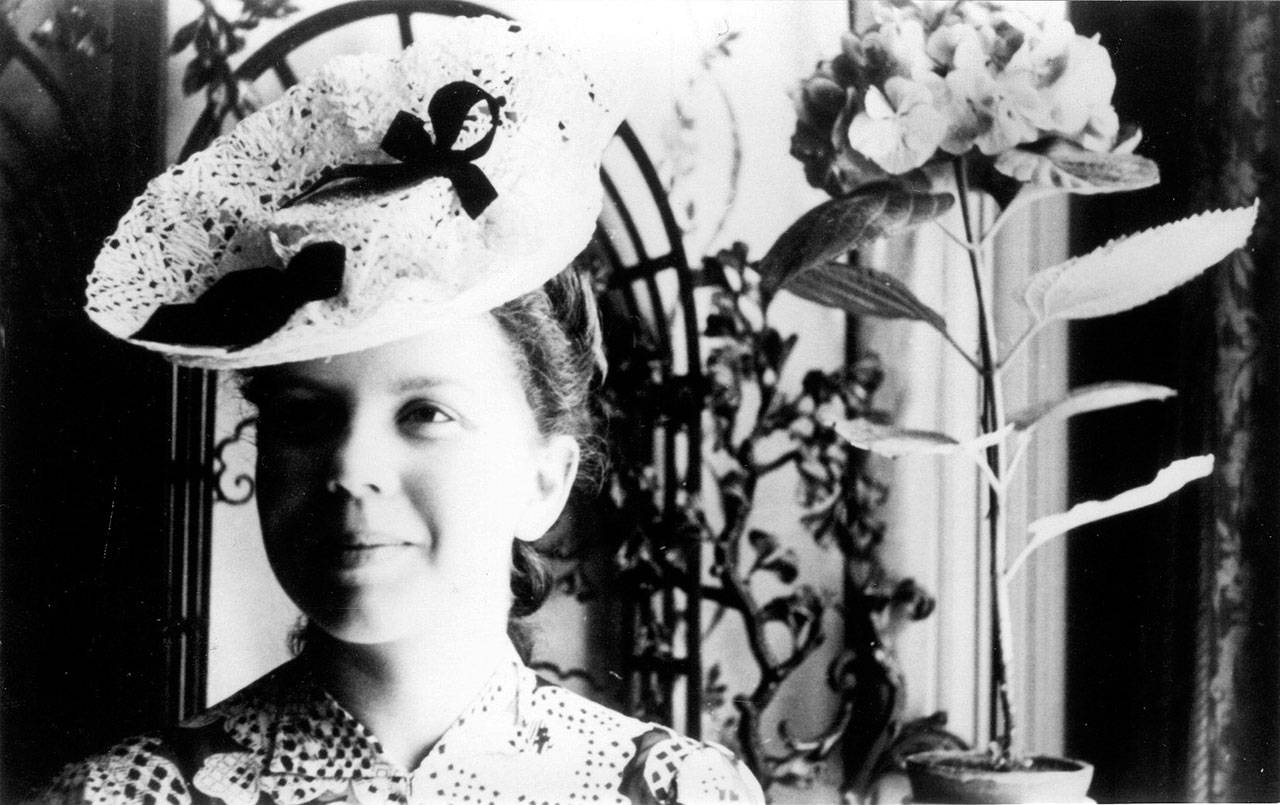By David Ignatius
Jeannie Rousseau de Clarens, one of the remarkable spies of World War II, died last week in France at the age of 98. Like so many intelligence officers, she had a gift for getting people to talk. But she had something else: dauntless, unblinking courage in facing the enemy.
De Clarens stole one of the vital secrets of the war — Germany’s plans to build and test the V-1 and V-2 rocket bombs at Peenemunde. Her intelligence encouraged the British to bomb Peenemunde, delaying and disrupting the program, and “saving thousands of lives in the West,” said James Woolsey, then CIA director, at a private ceremony at the agency in October 1993 honoring de Clarens.
How did this charming, diminutive woman accomplish her mission impossible? She listened. De Clarens was a fluent German-speaker, and in 1943, she teased the first threads of information about the rocket program out of some German officers she had befriended in Paris as a translator. And then she kept pulling on the string.
“I was such a little one, sitting with them, and I could not but hear what was said. And what they did not say, I prompted,” she told me in 1998. “I teased them, taunted then, looked at them wide-eyed, insisted that they must be mad when they spoke of the astounding new weapon that flew over vast distances, much faster than any airplane. I kept saying: ‘What you are telling me cannot be true!’ I must have said that 100 times.”
“I’ll show you!” one of the Germans finally said, eager to convince the pretty young Frenchwoman. He displayed a document from Peenemunde; de Clarens, with her photographic memory, registered every word and transmitted the information through her case officer to London.
Her code name was “Amniarix,” and she was part of a British spy ring in Paris known as the “Druids.” She was recruited by a former mathematics professor in 1941 to what he called his “little outfit.” She had been spying on the Germans informally since they conquered France in 1939, passing on bits of information to French contacts.
De Clarens made it all sound easy, no more than anyone would do, when I first interviewed her in 1998. “I just did it, that’s all.” She had never spoken to a journalist before, but when I showed up (after an introduction from Woolsey), the story began to flow and continued into the early morning. I published her amazing tale, but she was happier living in the shadows, and I don’t think she told the full story ever again.
She was a graceful woman, elegant as a French movie star, but she spoke in an incongruous deep voice. On one of many visits in later years, she frightened one of my daughters by demanding in that gravelly bass: “If you don’t get me a whiskey right away, I will be very angry with you!”
What she didn’t want to tell me, in that first conversation or ever, was how much she had suffered. After the British received her reports about the rocket bombs, they wanted to bring her to London to debrief her. A boat evacuation was arranged from Brittany in the spring of 1944, but she was betrayed to the Germans on her way to the beach. She spent the last year of the war in three Nazi concentration camps, each harsher than the last. When she was finally rescued by the Swedish Red Cross, she was nearly dead of starvation and tuberculosis. She never revealed to the Germans a hint of the secrets she had stolen.
When I pushed her to talk about her time in the camps, her voice became distant and irregular, as if it was physically painful to remember, and to know that she had survived when so many others didn’t. “After the war, the curtain came down on my memories,” she said. And then, with a modesty born of deep suffering, she insisted: “What I did was so little. Others did so much more. I was one small stone.”
The mystery of Jeannie’s story for me was where her bravery came from. Why did she do what was right, when so many others were afraid to take action? She shook her head, as if I was missing the point. “It wasn’t a choice. It was what you did. At the time, we all thought we would die. I don’t understand the question. How could I not do it?”
She was an extraordinary woman. I’m glad she let me pull the story from her (Washington Post: https://tinyurl.com/WaPoClarens), so that others can read and remember what courage is.
David Ignatius’ email address is davidignatius@washpost.com.
Talk to us
> Give us your news tips.
> Send us a letter to the editor.
> More Herald contact information.

























